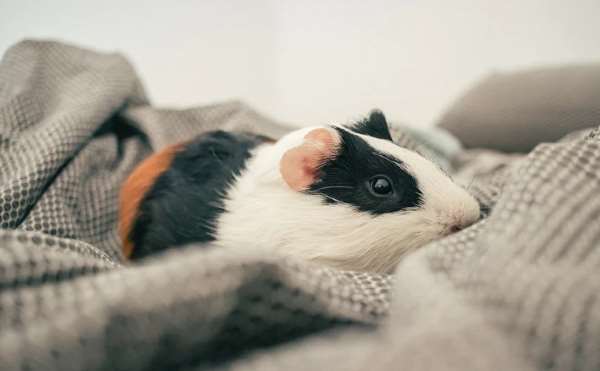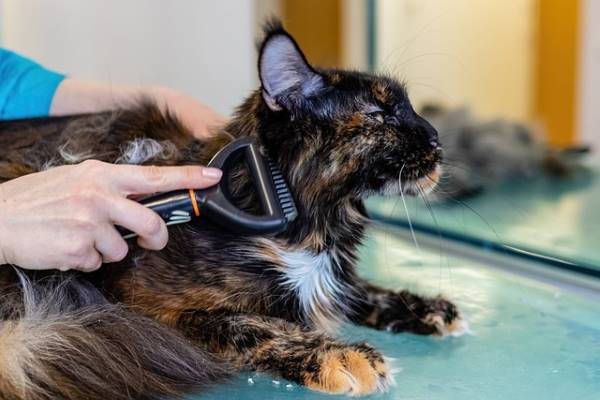With their cute and cuddly appearance, Guinea pigs are popular pets known for their friendly nature, ease of care, and active nature. However, as the colder months approach, many pet owners wonder if guinea pigs hibernate like other animals. In this article, we will answer the most asked question: Do guinea pigs hibernate? Let’s go deep into the fascinating world of guinea pig behaviour and shed light on how they do during winter and how to care for your piggies properly.
What is Hibernation:
Hibernation is a physiological adaptation that allows certain animals to conserve energy during periods of extreme cold or food scarcity. During hibernation, animals experience a significantly reduced metabolism, a reduced heart rate, and body temperature, enabling them to survive with minimal energy expenditure. This behaviour may persist for an entire season or longer, and true hibernating species will come out of this state thinner but generally safe. Some species increase their fat stores, which they will use as a fuel source to survive this long stretch of inactivity, while others store stashes of food to access as needed.
Guinea Pigs and Hibernation:
Unlike some small mammals, such as hedgehogs or ground squirrels, guinea pigs do not naturally hibernate. In their native habitat of South America, guinea pigs live in temperate climates where the temperature remains relatively stable throughout the year. As a result, they have not developed the biological mechanisms necessary for hibernation.
How Guinea Pigs Cope with Winter:
While guinea pigs don’t hibernate, they have coping mechanisms for colder periods. Here are some behaviours most guinea pigs do during winter:
-
Searching For Warmth:
Guinea pigs are sensitive to temperature changes and naturally seek warmth when it gets colder. Pet guinea pigs depend on their owners to provide a warm and comfortable environment. It’s essential to keep their living area away from draft-free and provide extra cages or cozy hiding places to help them stay warm. Be sure to keep temperatures above 60°F (15°C).
-
Increased Nesting Behavior:
Guinea pigs, unlike rabbits, do not build nests, but during winter, guinea pigs may exhibit increased nesting behaviour. They might gather extra bedding materials, such as hay or shredded paper, to create cosy nests where they can stay warm. Providing some soft fleece or pre-made nesting materials will help them feel secure and comfortable.
-
Lower Activity Levels:
While guinea pigs remain active throughout the year, they may exhibit slightly decreased activity levels during colder months. This is their way of conserving energy to stay warm. However, it’s essential to ensure they still exercise regularly to maintain their overall health and prevent weight gain by playing hide games with them. Keep in contact with the vet if you see signs of respiratory infections such as sneezing, coughing, or wheezing.
-
Dietary Considerations:
During winter, paying attention to your guinea pig’s diet is crucial. Be sure they have a balanced and nutritious diet that includes fresh vegetables, high-quality hay, a limited amount of pellets, and water at all times. The extra fibre from hay keeps them warm from the inside.
Conclusion:
Guinea pigs do not hibernate naturally. Instead, they rely on their owners to provide a comfortable environment to help them stay warm throughout the winter months. By understanding their behaviours and needs, guinea pig owners can ensure the well-being and happiness of their adorable guinea pigs.
Remember, providing warm bedding, cosy houses, and a balanced diet will help your guinea pig grow up, even when the winter chill sets in.




Leave a Comment